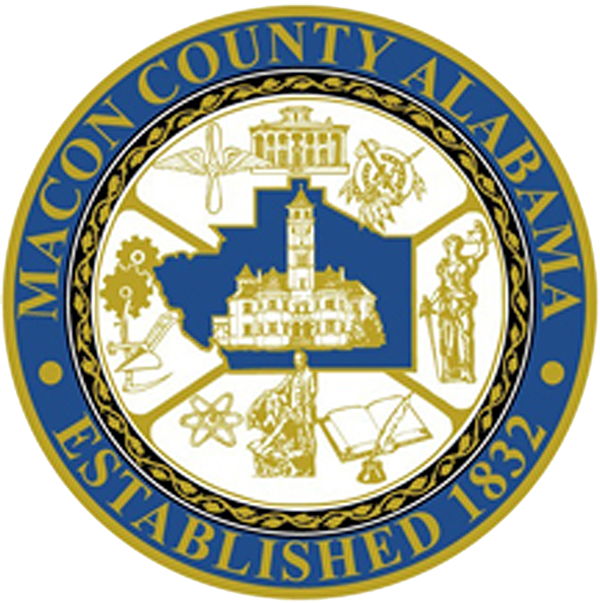Moton Field - The Southeast's Newest Aerospace Diamond Destination
Featured in Trade & Industry Development - May/June 2018 Edition, Pages 44-45
Best Aerospace Site
Leonardo DRS, maker of the T-100 Trainer, went looking for a location to manufacture the new T-100. After reviewing 143 sites, they settled on Moton Field.
Only a 15-minute flyover from Atlanta-Hartsfield, Moton Field is the new diamond of aerospace. Opportunities abound with 500 acres between the runway and I-85 available for aerospace development. Also on the planning board is a runway expansion to 8,000 feet with a devoted industrial taxiway and C-130 landing surface right on Interstate 85.
Read the Full Article
